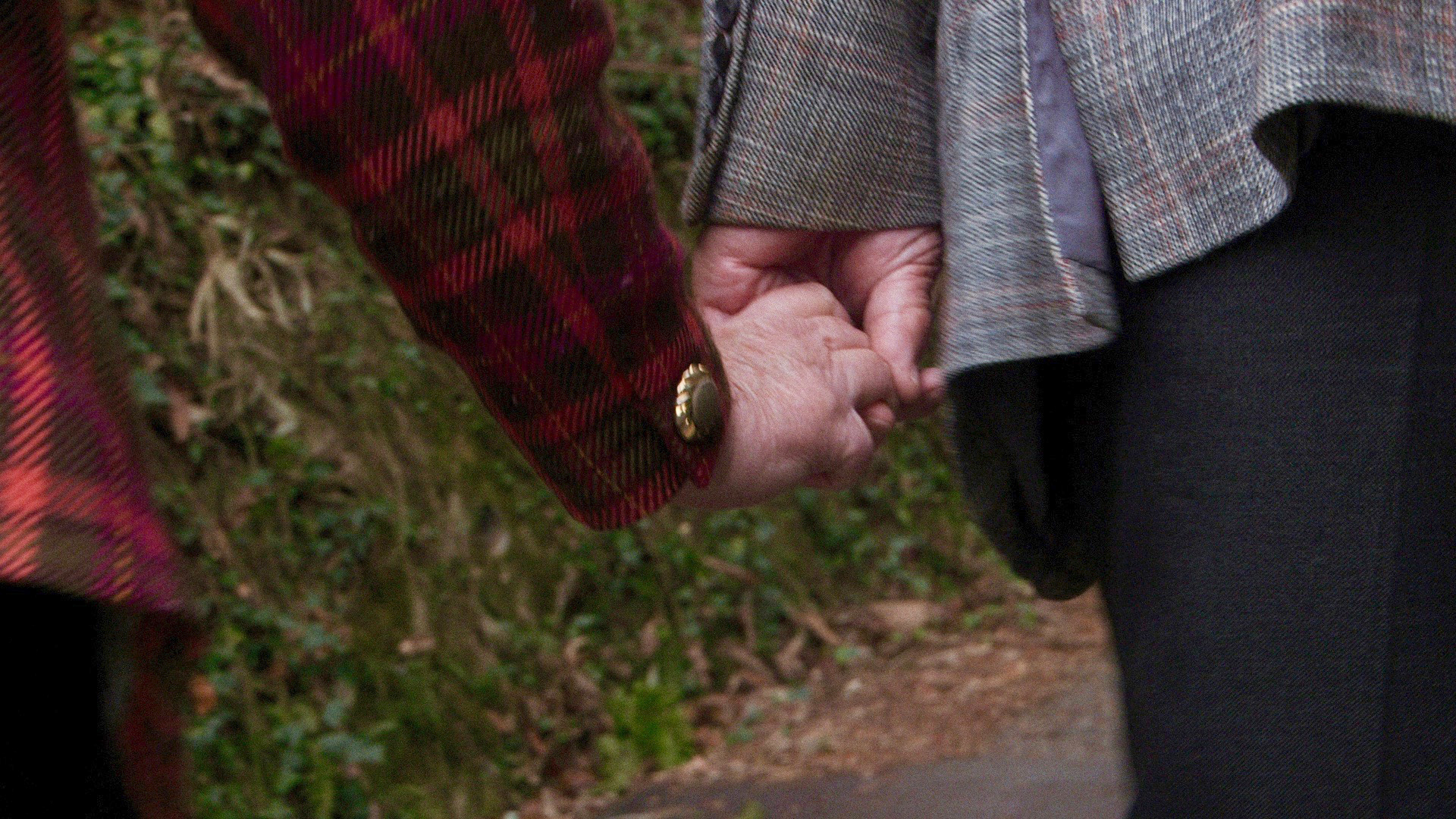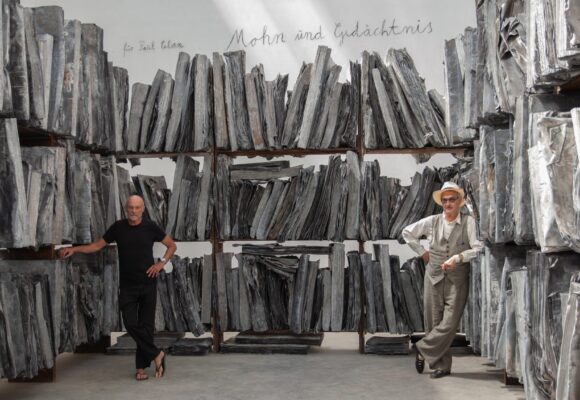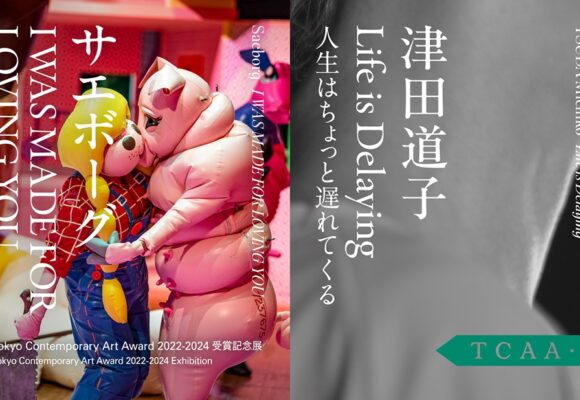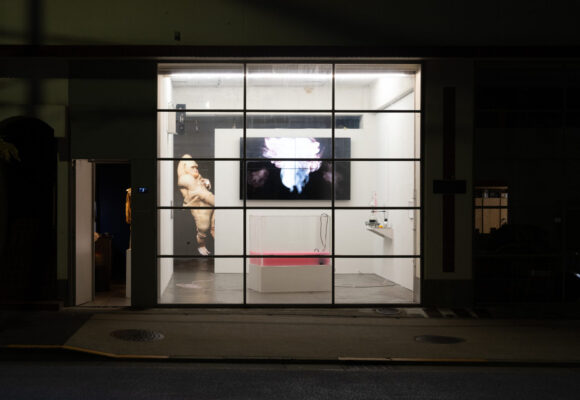Contributed movie reviews and interviews to the old Realtokyo site since 2005, and wrote columns such as “The neighborhood OL sits down on the edge” for the Hobo Nikkan Itoi Shinbun from 1998 to 2008. In 2009, she MCed a talk called “The micro, macro and future of movies” with directors Kiyoshi Kurosawa, Nobuhiro Suwa and Satoshi Miki. Became a writer after working at an airline company, an IT research facility and in the space industry. Currently part of the “Meguriai JAXA” team.
©2020 Laboratory X, Inc
Time to reset to zero
Due to the effects of the novel coronavirus, countless new movies have been left stranded with no prospects whatsoever regarding their release. If this situation continues, cinemas and film culture at large will go down the drain. This is the threat that inspired director Kazuhiro Soda to decide that his latest movie “Zero” will be unveiled in digital format at the Temporary Cinema (temporary-cinema.jp), on May 2, when it was originally scheduled to hit Japanese movie theaters. As its – as yet unfamiliar – name suggests, the Temporary Cinema is a movie theater that was “temporarily” set up on the Internet. As part of this epoch-making new system, everyone who pays a preset fee can now watch the movie at a cinema of his or her choice, whereas the fee is distributed to the respective theater, and the producing and distributing companies/individuals. The system was launched on April 25 by Kazuhiro Soda and distributor TOFOO, with a program of ten titles presented by Tofu and five other distributors at 47 cinemas (as of 5.1, the scope has expanded to seven distributors, 11 titles and 55 theaters). Soda expresses his hope that “once things are back to normal, and this emergency system that was installed with the aim to keep movie theaters alive becomes unnecessary, people will flock to movie theaters and make a big buzz again.”
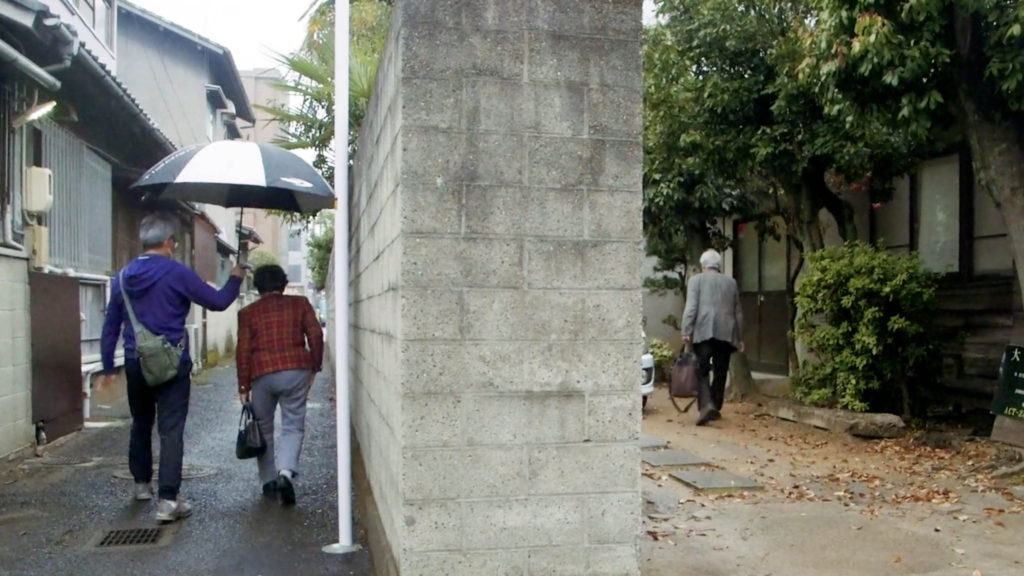
©2020 Laboratory X, Inc
“Zero” is the ninth in a series of “observational documentaries” based on such unique principles as “no research,” “no scripts,” and “roll the camera yourself,” which the director collectively refers to as the “10 commandments of observational filmmaking.” The movie is set at the Chorale Okayama mental clinic that also provided the setting for “Mental” (2008), the second volume in the series. Upon hearing that the clinic’s head, Dr. Masatomo Yamamoto was going to retire, Soda took his camera, traveled to Okayama, and immediately started shooting. Protagonist in the first half of the resulting movie is Dr. Yamamoto prior to retirement, and in the second half, the now retired doctor is joined by his wife Yoshiko. Ever since meeting Dr. Yamamoto for the first time during the making of “Mental” ten years ago, Soda and producer Kiyoko Kashiwagi had agreed that they wanted to make a documentary movie about him someday. There must be something that particularly fascinated the two of them, and that has to be Dr. Yamamoto’s special kind of personal magnetism. During the making of “Mental,” there were some problems related to the patients’ privacy, but rather than intervening and prohibiting the shooting, Dr. Yamamoto wholeheartedly encouraged the team to “get over it with everyone’s support.” That brave decision reflects exactly the progressive mindset of psychiatric medical care. “I never stopped wondering what kind of person he is though,” Soda sums up his growing interest in Dr. Yamamoto. At an occasion that couldn’t have been better timed, he paid the doctor another visit and realized his idea of a movie about him.
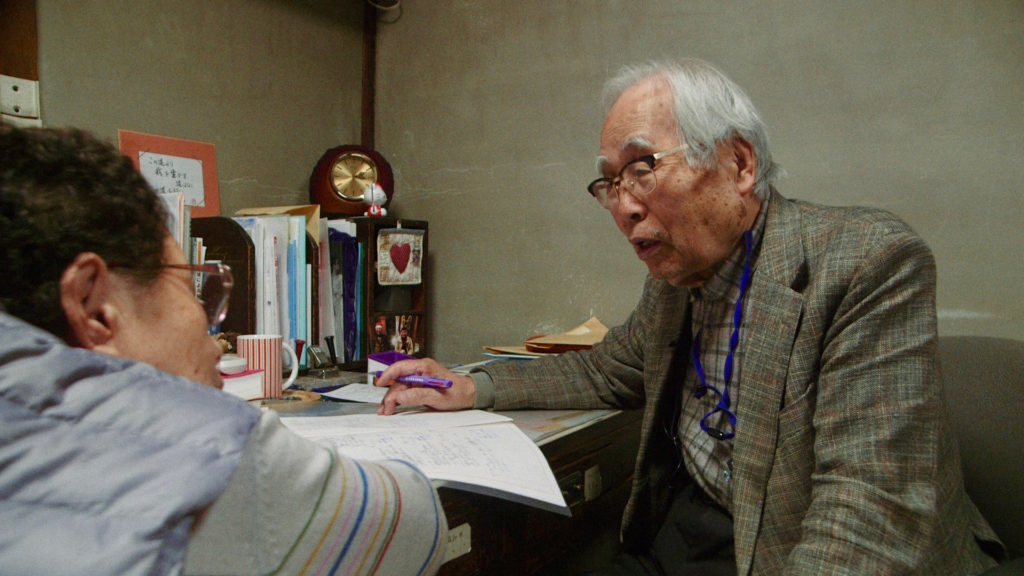
©2020 Laboratory X, Inc
Regarding the meaning of the “zero” in the title, Dr. Yamamoto refers to that at the beginning of the movie, when he talks about “resetting oneself to zero,” and is then asked by a patient what “resetting oneself to zero” means. In a recent interview via Skype, Soda shared his insight regarding that phrase as “an expression that is elemental for all people, including patients at the clinic, (Dr. Yamamoto’s wife) Yoshiko, or even the doctor himself.” When I casually asked him, “Could it be that it actually had the strongest repercussions on yourself?” he replied, “Well, maybe that’s true…” It is in the second part of the movie, that the true meaning behind this is revealed. Once the clinic is left behind, the camera’s focus shifts to the retired Dr. Yamamoto, a man whose only interest has been his work. Soda, himself a self-confessed “workaholic,” reacts sensitively and empathetically, until he notices something of enormous importance: the role of his own wife and producer, Kiyoko Kashiwagi, as a supporter of the “Observational Filmmaking” series. Fans of his Soda’s work know Kashiwagi as a character that occasionally gets involved with some rather exquisite comment that, along with the ubiquitous cats, add a bit of humor and smoothness. Soda’s movies are at once also Kashiwagi’s movies, and in a quite unexpected way, here they reveal the evident when they illustrate how Yamamoto’s wife Yoshiko took charge of domestic affairs, and thereby gave the doctor the freedom to devote himself to psychiatric healthcare.
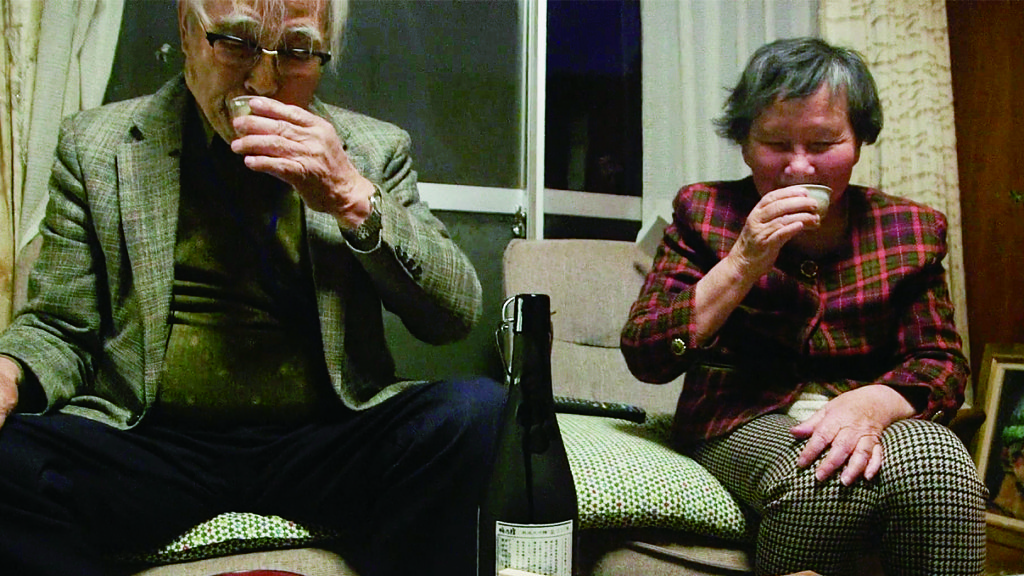
©2020 Laboratory X, Inc
While filming both of them, the camera increasingly focuses on Yoshiko, as Soda seems to get more and more captivated by her presence. Interspersed with flashback images that Soda had shot of Yoshiko ten years earlier, the portrait that Soda creates of Yoshiko shows a different person from the Yoshiko who now suffers from dementia. Without thinking much, I said something about the cruelty of the way time passes to Soda, whereupon he replied, “Exactly, it’s just ‘cruel’ how people get old and die, and none of us can escape that. I think that’s what causes humans the greatest ‘pain,’ and it’s the biggest topic in life.”
Two silhouettes cuddle together as they walk up a hill to the graveyard. It’s an overwhelming scene, during the shooting of which Soda by his own account “got totally filled with emotion.” It’s a moment of venerableness, and of sadness. As if it were a condensation of life itself. Soda introduces “Zero” as a work that “accidentally turned out as an ‘innocent love story’ kind of movie,” and indeed, it is a gently touching documentary (which was awarded Ecumenical Jury Prize at the Berlin International Film Festival’s Berlinale Forum 2020). You can watch it in the Temporary Cinema now, and I hope you will soon have the chance to go and see it on the big screen as well.
―――
Interview with Kazuhiro Soda and producer Kiyoko Kashiwagi (Japanese only)
http://realtokyocinema.hatenadiary.com/
INFORMATION
Zero
Directed, produced, filmed and edited by Kazuhiro Soda
Produced by Kiyoko Kashiwagi
Distributed by TOFOO
©2020 Laboratory X, Inc


